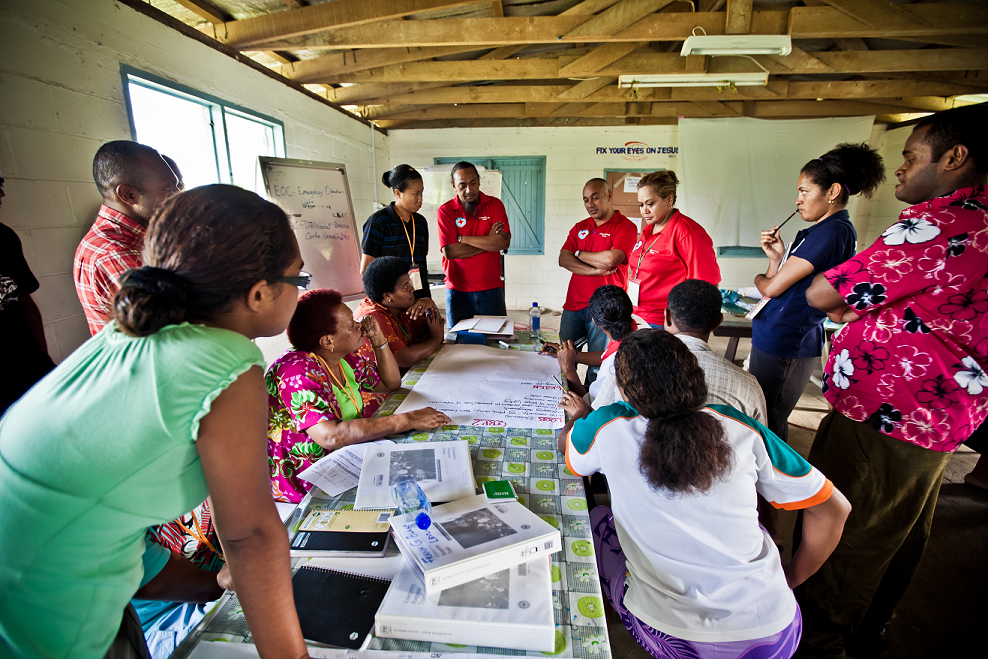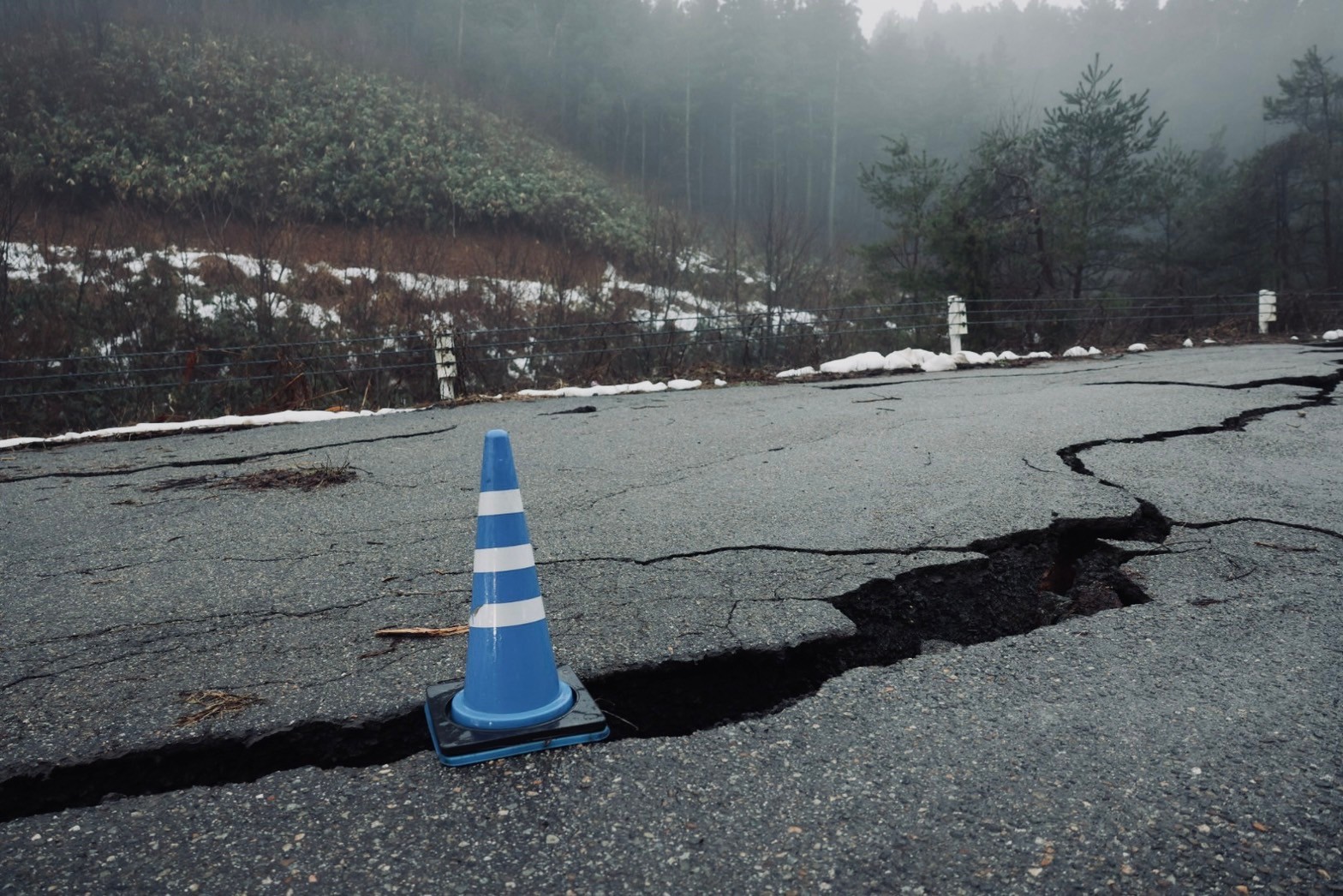Hope amid the heat: Volunteers like Fatema Khatun help neighbors through sweltering heatwaves in Bangladesh
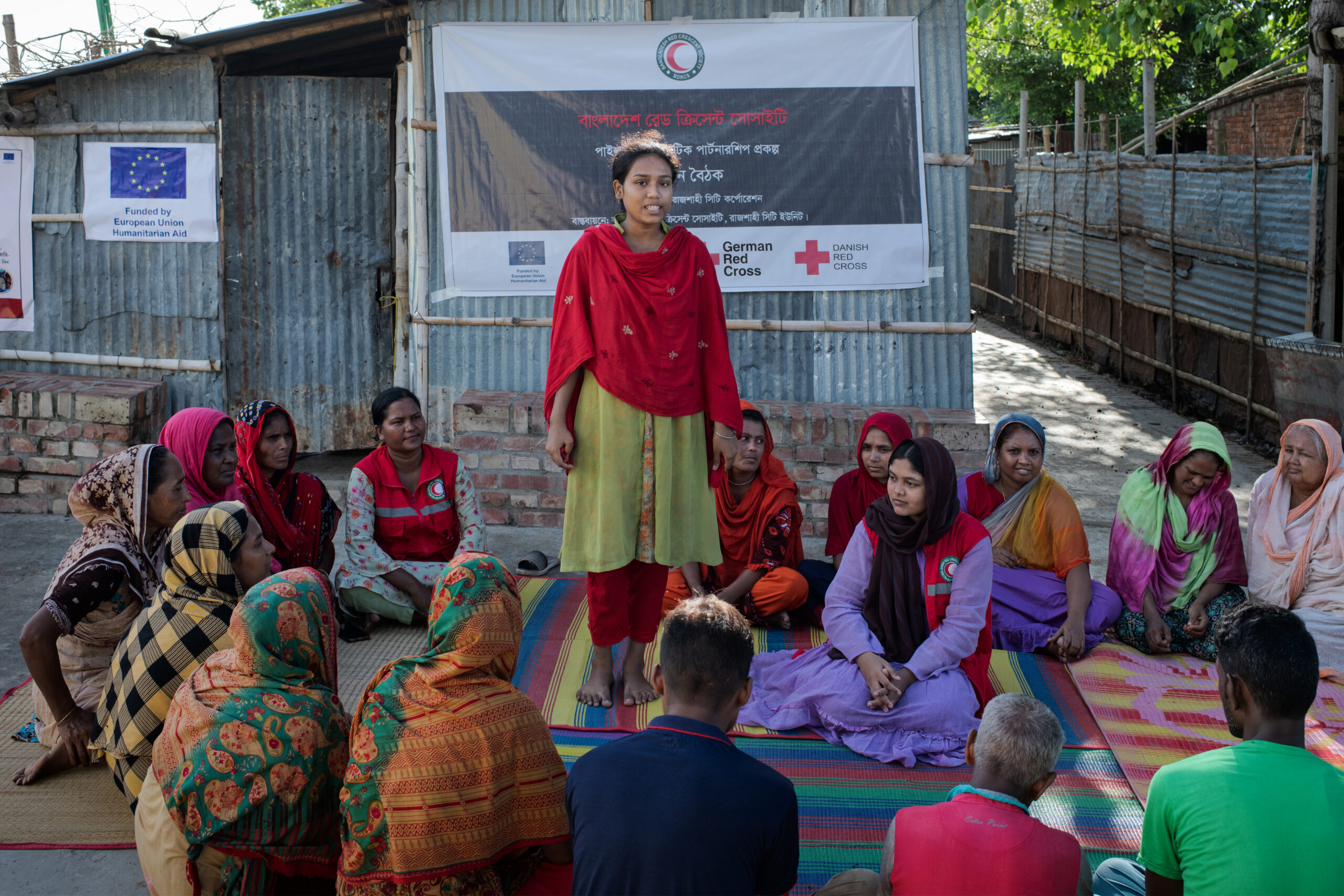
This story was originally published on the IFRC website, along with a video story.
As the sun blazes mercilessly over Bajakajla Slum in Rajshahi City, Bangladesh, Fatema Khatun vividly remembers her childhood when the weather was different, and life was more comfortable.
“When I was in primary school, the temperature was not so high, we had a good life,” she says. “We used to sit by the riverbed and the weather was different. It rained frequently. The temperature was low.”
The frequent rains and lower temperatures made playing by the riverbed a joyous pastime. But as time passed, each passing summer seemed hotter and more unbearable.
“The average temperature is 42-43 degrees Celsius now,” says 19-year-old Fatema, who lives with her family in a tiny, tin-roofed house. “Sometimes it rises to 45 degrees Celsius. Because of the high temperature, I am facing problems with my eyes. I cannot read correctly.”
The heatwaves are particularly hard on the elderly. “I have never seen this kind of heatwave,” says Fatema's 75-year-old grandmother, Shohor Banu Bewa, who feels the impact of the heatwave intensely and struggles to sleep at night. “When the temperature rises, I sit by the riverbed“.
Many families, like Fatema's, struggle with itching, rashes, and other heat-related illnesses. And they often lack the resources to cope with the health consequences.
“People in our area are poor,” says Fatema. “Most of them work as housekeepers. They face many problems supporting their families and raising children. They cannot provide education, food, and clothes due to poverty.”
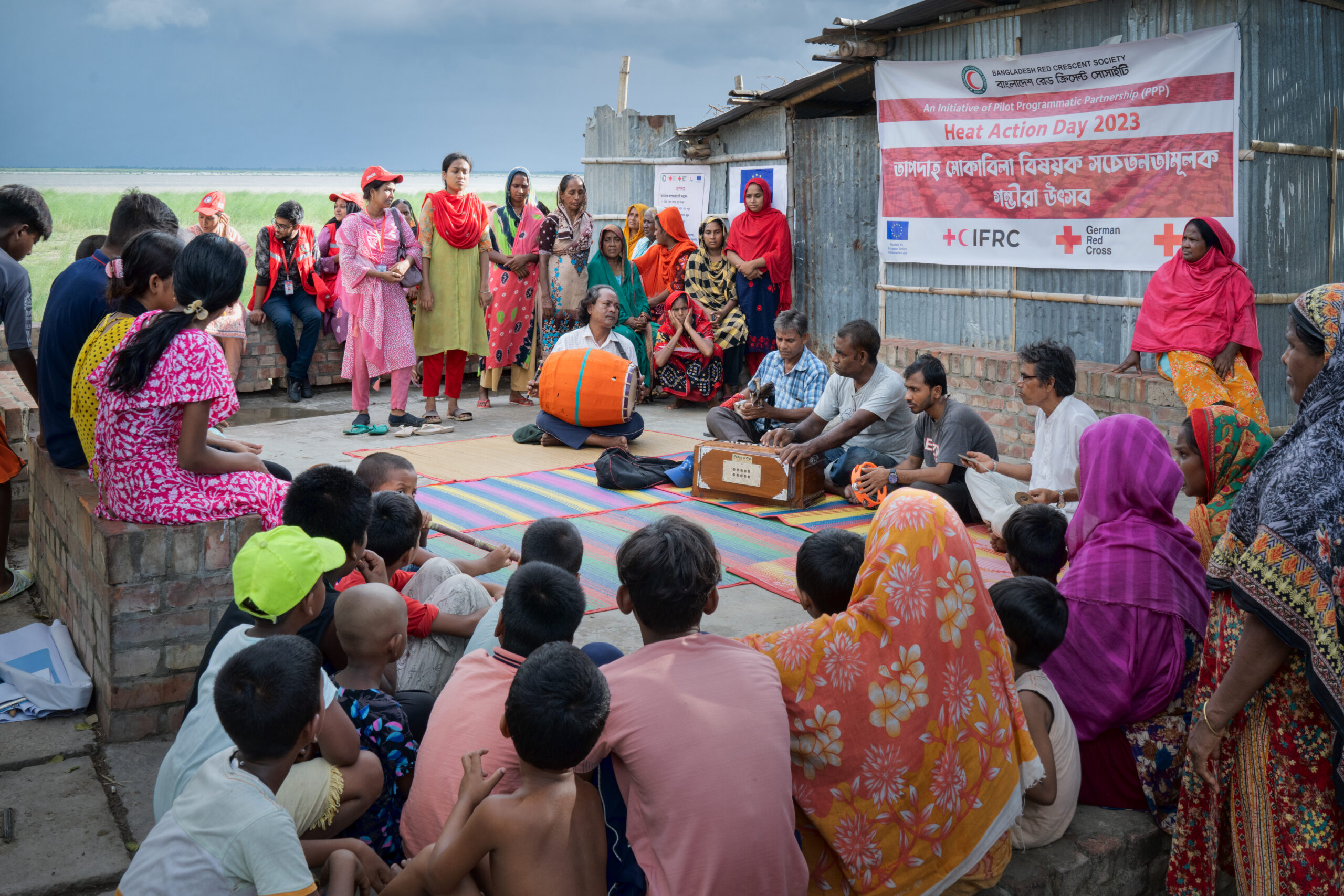
Hot tin rooves
Sayma Khatun Bithi, a community volunteer with the Bangladesh Red Crescent Society (BDRCS) in Rajshahi adds that the houses are particularly vulnerable to heat.
“Those who live in the slum area have their houses made of tin,” says Sayma, who along with Fatema became a volunteer after getting first aid training from BDRCS. “Tin absorbs more heat. The heat has become unbearable for children, the elderly and pregnant women.”
To help people living in such vulnerable situations in parts of Rajshahi City, the BDRCS aims to protect residents from the adverse effects of heat waves through a project funded by the European Union, in collaboration with the IFRC, the BDRCS the German Red Cross, and the Danish Red Cross.
“The Bangladesh Red Crescent informed us of many things through announcements and radio programs,” says Fatema. “They taught us how to help someone if they fall unconscious due to a heatwave. I listened to the information provided by the Bangladesh Red Crescent Society on the radio. I share the information with everyone.”
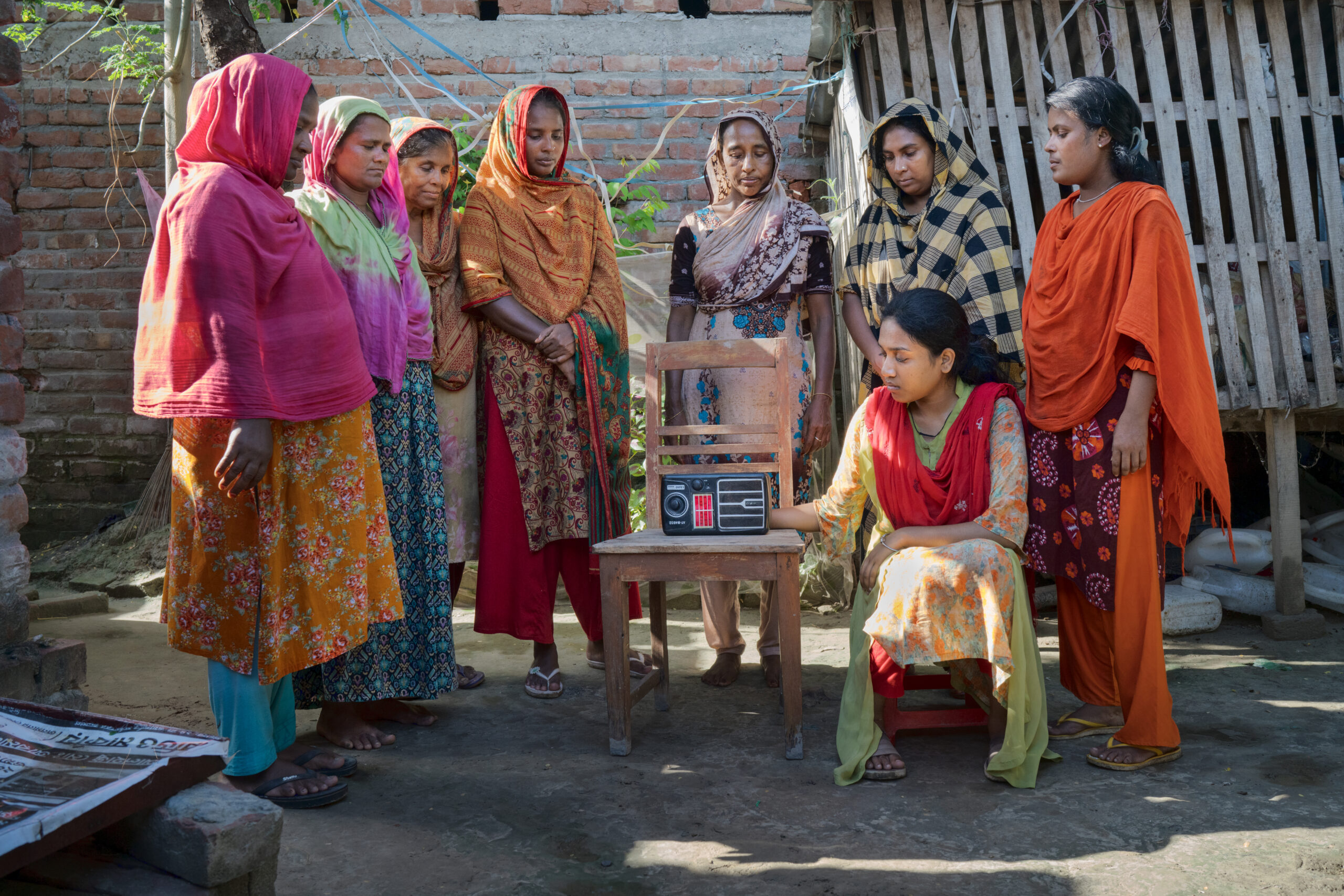
Cooling centers
Fatema also got first-aid training from BDRCS and, along with Sayma Khatun Bithi and others, became community volunteers.
Abu Md Zubair, a field officer for BDRCS, emphasized the importance of public awareness. His team provided cooling centers, medical facilities, and launched awareness programs, teaching the community how to stay healthy during the heat waves. A community radio program, hosted by Jannatun Nahar Joti, amplified these messages to the entire city.
Due to the combined endeavors of people like Fatema Bithi, and organizations like the Red Crescent Society, heat-related illnesses and fatalities began to decrease. Though the heat was unrelenting, people are learning to manage the extreme heat, supporting and caring for each other.
Watch a video story to learn more


